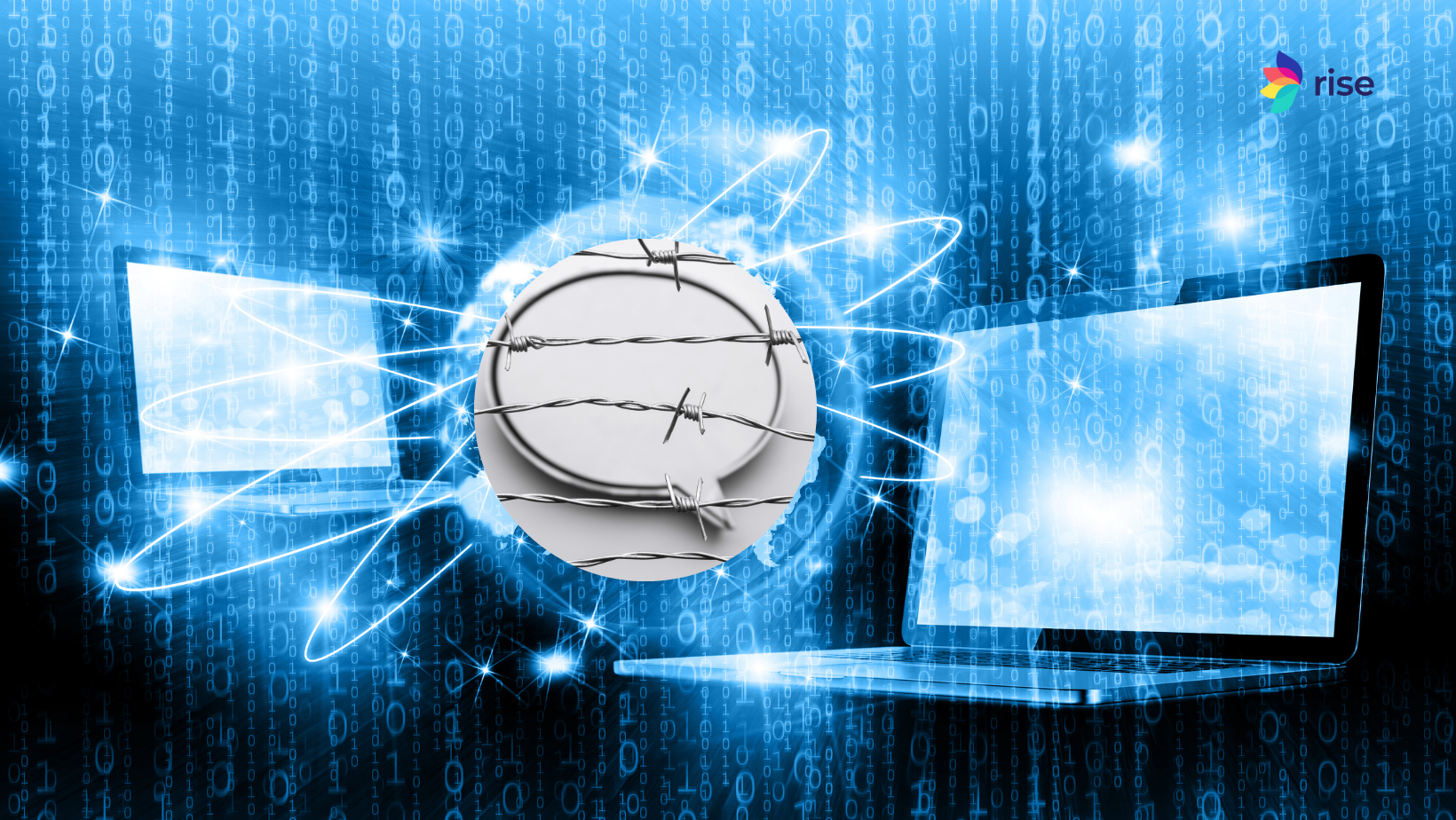Dispatches from DRAPAC25: Vietnam Rise
This article is written by a program manager of Vietnam Rise, as part of their commitment under the fellowship programme of the 2025 Digital Rights Asia-Pacific Assembly (DRAPAC25). The DRAPAC25 Fellowship supported over 100 human rights defenders and other allied stakeholders to attend DRAPAC25, Open Tech Camp, and other side activities in Kuala Lumpur, Malaysia, from August 26 to 28, 2025.
The views expressed in this article are entirely held by the fellow(s)and do not reflect the views of the DRAPAC25 cohosts and organising team. Articles submitted by fellows may be edited for clarity and brevity.
DRAPAC25 was a timely opportunity to build on two of Vietnam Rise’s recent focuses. Given our recent endeavours, I spent my time at DRAPAC25 attending sessions that addressed tech-related abuses to democracy in Southeast Asia, resourcing solutions amidst rising authoritarianism, and networking with other Southeast Asian activists in the tech space.
Addressing tech-related threats to democracy
Vietnam Rise’s first recent focus is the development of a digital security helpdesk as part of the Terali project, which brings together organisations that will provide digital security support in Tibet, Vietnam, Thailand, Hong Kong, Cambodia, and Malaysia. The project also pools together data to generate a holistic understanding of digital security threats in these countries.
At DRAPAC25, two sessions updated my views of tech-related threats to democracy in Southeast Asia:
“Tech-facilitated abuse and its threats to democracy and human security in Southeast Asia” compared hindrances to digital rights and privacy across Myanmar, the Philippines and Indonesia. Commonalities across the three regions included the imposition of laws requiring ID registration for devices, SIMs and/or social media accounts; the disruption of independent voices (via control and targeting of offending networks and SIMs); and arbitrary seizure of devices.
“Monetising sanctioned pages: why platform profit models demand deeper scrutiny” gave an alternative vantage point to the role of social media platforms in activism. Activists often focus on advocating for pro-democracy users who have been deplatformed by state actors. However, the session explored how social media platforms allow for pro-propaganda and militant elite forces to monetise their accounts despite violating their own rules against partnering with political entities.
Responding to global funding challenges
Our organisation’s other current focus is on exploring solutions for continuing grassroots activities amidst rapid challenges to foreign aid funding. Our Movement Incubator Program’s current theme is a direct response to these challenges that have affected many nongovernment organisations across the globe.
These three sessions I attended gave a broader view of both cognitive and financial resourcing innovations in challenging environments:
“Co-designing alternative economic models amidst the current funding and resource landscape” mapped out and compared the characteristics of different funding sources such as governments, private philanthropy, and intermediary funds.
“Mapping community-centred connectivity initiatives in the Asia-Pacific” explored how improvements in internet connectivity also resulted in improvements in the civic participation of people in rural Malaysia, Indonesia, and natural disaster zones in Nepal. Overall, this panel discussion highlighted how the establishment and education of communication infrastructure is a necessary condition to amplifying people’s voices.
“Outsmarting and outlasting autocratic actors: strategies to fight for civic spacetime” was a refresher on identifying methods that authoritarian actors use to undermine civil society and how activists navigate possible opponents to their causes in effective ways. The aim is to minimise the amount of time and effort spent on managing hostile actors, and instead maximise resources that can be allocated to the communities we aim to benefit. This session also considered how the development of shared narratives, enduring mass mobilisation, and coalition building could also generate change.
Networking at DRAPAC25
Other activities at DRAPAC25 provided me with opportunities to network with others committed to promoting digital freedom and safety for all to enjoy. At one networking event, activists working on digital security discussed core resources and initiatives they designed for their target audiences. Given that Vietnam Rise is in the process of developing a help desk, I benefited from hearing about others’ experiences in the digital security space and look forward to learning more from the Digital Justice Network, which we were all invited to join afterwards.
At the end of the Open Tech Camp, attendees were asked to either state something new they learned, an assumption they needed to unlearn or a lesson they would carry from DRAPAC25. One attendee astutely shared an assumption that she needed to unlearn: that even amidst geopolitical challenges, we cannot assume that resources are as scarce as we are making them seem. Clearly, there are many motivated young activists who continue to attend DRAPAC and share experiences with one another. With some strategic reallocation of resources and collaboration, we will be able to adapt to and thrive in hostile environments.
This attitude of measured optimism and commitment to mutually beneficial connections will carry civil society organisations forward.
Source: Dispatches from DRAPAC25: Vietnam Rise – EngageMedia

